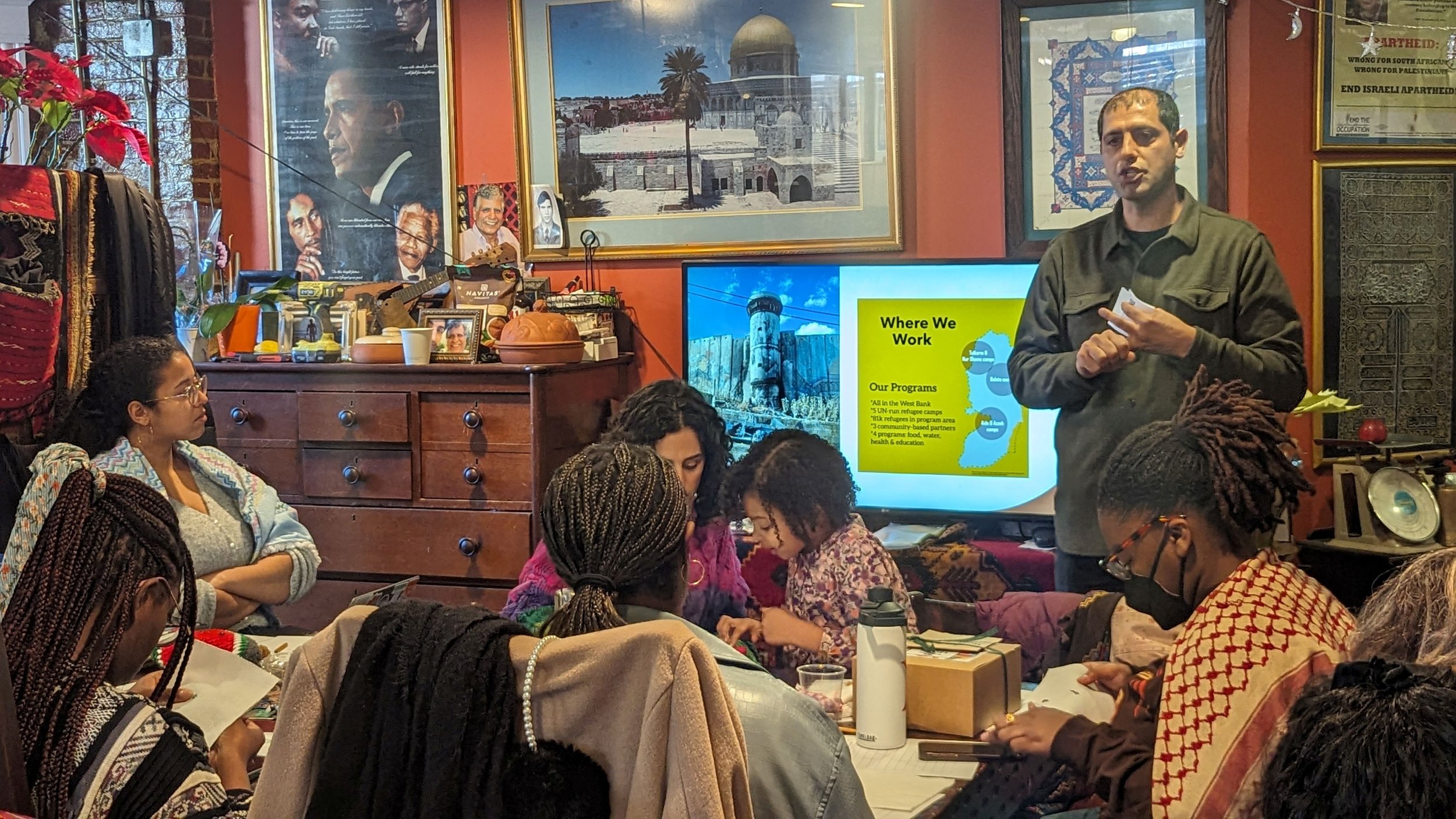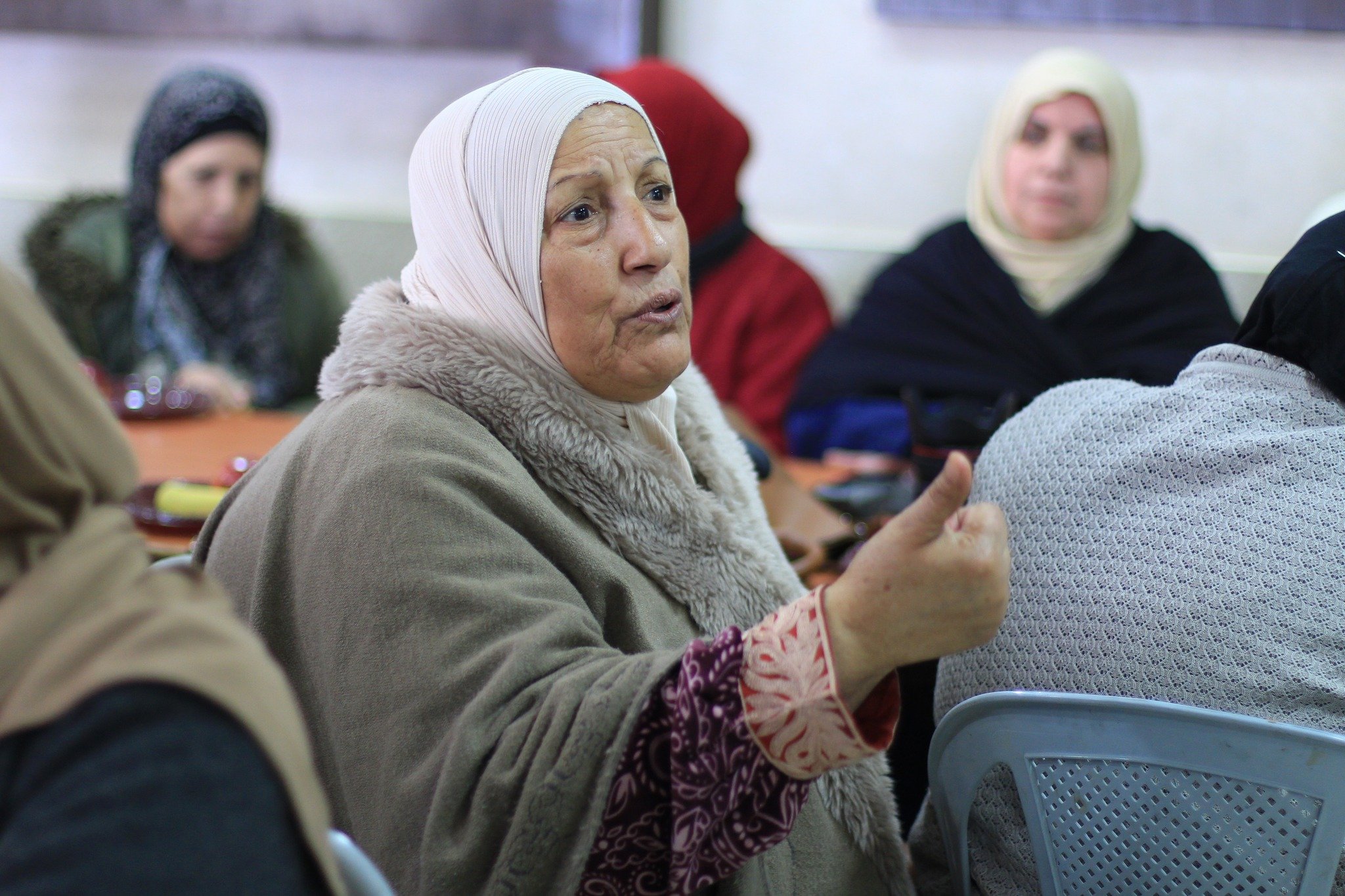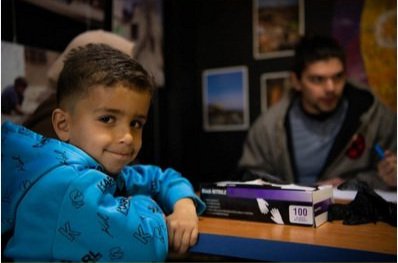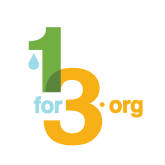Mission
1for3 is organized as a non-profit charitable corporation pursuant to Massachusetts law and is tax-exempt under section 501c(3) of the Federal tax code. We are non-partisan and non-political. We work with, and provide services to, Palestinian refugees living in UN-run camps in the West Bank. Although we are organized as a Massachusetts charity we are a Palestinian organization. We employ Palestinians to provide education, food security and basic health care to the communities we serve. We are led by Palestinians who grew up in and around the UN camps. We partner with other community-run Palestinian organizations in the West Bank who share our commitment to bettering the lives of those who live in these camps. Recently, we have expanded our mission to include those in need in South Lebanon, where we are addressing issues of healthcare, education, and the environment.
We Are Growing
The work that 1for3 & its partners do has changed over time. We are continuing to update what we do and how we do it in accordance with our values, mission & partners’ insights. Here is a brief overview of where 1for3 has been & where it is going. We hope you will join us.
2013-2017: When we started in 2013 our focus was on supporting residents in two UN-run camps to have better drinking water. Through our water programs we developed testing & advocacy protocols, training labs & fixed polluting infrastructure.
2017-2021: In 2017, we added to our water program three others -- food, health, education. Through them we focused on house-based gardening, community healthcare for chronically ill patients & training in medical skills for young people. Along with water, we called these four areas our Nexus. They were used to provide specific solutions to community-outlined problems.
2021-2024: During the Covid pandemic we ramped up our Health for Palestine (H4P) program to meet local needs. Soon after through our education program we started a kindergarten, Zahrat Al-Yasmeen, which serves 50 children. Our food efforts built on earlier work by training community members to use hydroponic growing techniques. This led to the local manufacture & distribution of micro-growing towers & building three hydroponic gardens. These gardens are used by H4P to improve chronic patient health while also increasing food sovereignty by distributing Palestinian-grown produce.
2024-Future: Despite hardships we are continuing to expand our programs with our partners. Zahrat Al-Yasmeen kindergarten is expanding to enroll 50% more students. Our health program is starting two initiatives in trauma & pediatric care to care. Building on our work with patients facing chronic illness we are supporting a local gym to update lifestyles, creating an in-camp clinic to increase patient access, promoting healthy lifestyles through in-camp gardening & expanding care for diabetes sufferers.



